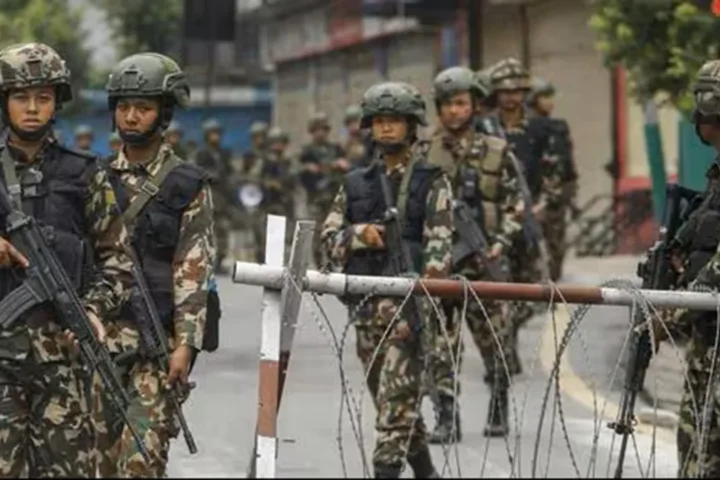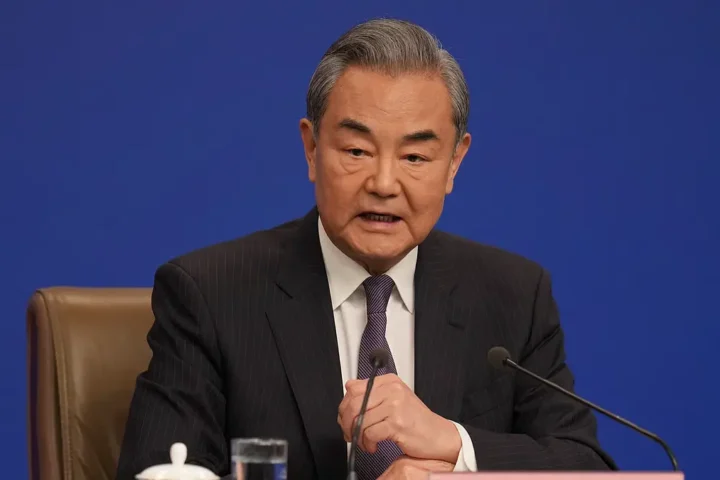The proposed Bharatiya Nyaya Sanhita Bill (BNS) raises eyebrows with its inclusion of “floods” as a terrorist offense. This bill aims to replace the British-era Indian Penal Code, introducing a new definition of terrorism in general law. So, lets see how the BNS bill defines terrorism.
Defining Terrorism
Section 111 (6) (a) of the BNS Bill defines a “terrorist” as someone involved in activities related to weapons, explosives, nuclear substances, and even causing floods or fires.
But what does the parliament have to say?
Parliamentary Scrutiny
Introduced during the Monsoon Session of Parliament, the BNS Bill has been referred to the Parliamentary Committee on Home Affairs for examination. There are many legal concerns in the proposed bill.
What are the Legal Concerns?
Experts like M.S. Khan highlight concerns about procedural safeguards. The bill lacks protections against false implication, unlike the Unlawful Activities (Prevention) Act (UAPA) which we will discuss further, and the Maharashtra Control of Organised Crime Act (MCOCA).
What was the UAPA Criticism?
UAPA has faced criticism for its draconian provisions. Between 2018 and 2020, 4,690 individuals were arrested under this law, but only 3% were convicted. Its constitutional validity is being challenged in the Supreme Court. Now that we have covered most parts of the bill, we will focus on what are its implications.
New Law’s Implications
The BNS Bill bypasses many safeguards. It grants wide discretion to police officers to register FIRs against anyone deemed a terrorist. This raises concerns about potential misuse.
“Flood Jihad” Incident
For those who are wondering why is flood ruled as an act of terrorism as defined by the BNS bill, we have the answer for you. The 2022 flood incident in Silchar, Assam, is a case in point. Accusations of “flood jihad” emerged, leading to arrests based on a criminal case.
Punishments for Terrorism
Section 111 proposes a minimum of five years imprisonment and the possibility of the death sentence for a terrorist offense.
Similarity to UAPA
Experts note that the language, ingredients, and interpretation of the new law closely resemble the UAPA. However, there are some shortcomings in the new bill.
Missing Safeguards
Unlike the MCOCA and UAPA, the BNS Bill lacks provisions requiring senior police officer approval before filing FIRs, limits on who can conduct investigations and restrictions on the court’s ability to take cognizance without government sanctions.
Interplay with Other Laws
Government officials suggest that the BNS Bill will not affect other special laws like UAPA and MCOCA but will follow procedures outlined in the Bharatiya Nagarik Suraksha Sanhita Bill, 2023, which replaces the Code of Criminal Procedure (CrPC). Apart from defining terrorism, the new bill has defined mob lynching as a crime.
Defining Mob Lynching
The bill also defines mob lynching as a crime, specifying that it involves a “group of five or more persons.”
In summary, the Bharatiya Nyaya Sanhita Bill’s inclusion of “floods” as a terrorist offense has sparked debate and concerns over procedural safeguards in this new legal framework.







